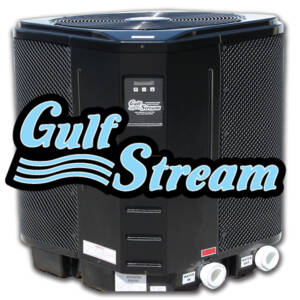Pool Safety
Safety Legislation
Virginia Graeme Baker Pool and Spa Safety Act
The VGBPSSA was enacted by Congress and is enforced by the Consumer Product Safety Commission since November of 2008. This act was designed to limit the risk of drowning by entrapment. It applies to all public pools in the United States. A public pool is defined as any non-single family residence pool. This act does apply to small condos and apartment pools that are exempted from Florida code/legislation. The VGB requires all suction drains/outlets in a pool to be covered with a VGB approved cover that is installed by a licensed contracted. The contractor is to complete a form stating what was installed and file it with the local county health department office.
If a pool has a single drain cover that is not considered “unblockable” then their must be a second layer of entrapment prevention. These second layers of prevention are one of the following: gravity drainage system, a safety vacuum release system, suction-limiting vent system, or permanently disabled drain. We will be happy to perform a free inspection for you to determine the compliance of your pool and the best device for your equipment if any is needed. For more information go to www.poolsafety.org.
Florida Code 64e-9
Public pools in Florida are regulated by their county health departments according to code 64e-9. This code is updated every couple years. The code can be found at www.doh.state.fl.us/environment/water/swim/download.html. Florida defines “public pool” differently than the VGB Act and does not apply to many small public pools. Check with your Health Department to see if your pool is exempt from this code. The latest revision of the code changed the exemption criteria. We provide yearly inspections to all our commercial pools to insure compliance with 64e-9.
Florida Energy Conservation Code
House Bill 7135 will take effect July 1, 2011. This code, after being amended by House Bill 663, only applies to residential pools. You can see a summary at www.floridapoolpro.com/industry/govtrelations/regulations.html. In short, it requires pool heaters to meet minimum efficiencies, portable spas to have insulated covers, gas heaters to not have constantly burning pilot lights, and filtration pumps to be less than 1 hp or multiple speed. These products must be manufactured per this code by July 1, 2011. The older equipment most likely will be allowed to be installed until December 31, 2011 when the new building code goes into effect.
This code will impact almost every residential pool. When the filtration pump or motor needs replacing after July 1, 2011, it will most likely require a new timer and a complete pump. Multiple speed pumps must have automatic controls that will default back to the lower speed setting within 24 hrs. We have been installing multi-speed pumps for years and can recommend the best pump and timer or automation to meet your budget and usage. For more information go to our Invest in Green page.

The new heat pumps are far more efficient than their predecessors. If your heater is more than 5 years old, the energy savings alone makes sense to replace your old unit.
Health
There are many harmful organisms that will live in pool and spa water. Some of these have developed resistance to chlorine. Others are very skilled at “hiding” from chlorine. Proper chemistry is the most important thing for bather safety followed by good circulation. Brushing and cleaning of the filtration equipment are the next most important aspects of maintaining healthy water.
Pool water is not sterile and will harbor a certain level of microbes and algae. Proper maintenance will keep these organisms in check and should prevent bathers from becoming ill or an algae bloom from erupting. However, one should never use a pool with open wounds and should remove pool water from their ears as soon as one is finished. If feces should enter the pool there are certain measures that must be taken to remove the contaminant and to kill any harmful micro organisms that might be found there. The treatments vary depending on the type and form of the feces and should be strictly adhered to.
Cloudy water is indicative of unhealthy water either from poor filtration or unbalanced chemistry. A pool should not be used when the floor drain is not visible due to cloudy water. An old or damaged pool surface that is rough to the touch or has severe etching or pits should be repaired as this allows microbes and algae to “hide” from pool chemicals and can not be brushed. Staining will also be an issue in these areas.
Physical Safety
There are many safety issues that should be addressed regarding swimming pools. Access should of course be limited to prevent small children from unsupervised entry. Door and window alarms, splash alarms and fences are some of the options available.
The Virginia Graeme Baker Pool and Spa Safety Act went into effect in November of 2008. This act addressed entrapment issues in public pools. We encourage residential pools to comply as well. There are new drain covers that are designed to prevent hair and physical entrapment when installed properly. These are the only covers available for sale now and must be installed when an existing drain cover needs replacing. Any broken or loose drain cover should be replaced immediately and the pool should not be used until it is fixed.
Every inlet and outlet inside the pool should have the appropriate cover installed at all times. Any open pipes are invitations for children’s arms and fingers to get stuck in. Auto-vacs should also be removed before bathing in the pool. All covers/solar blankets should be completely removed from the pool before entering water.
There are smart pumps and other suction monitoring devices available now to help prevent suction entrapments. These devices vary greatly in price and reliability. We can discuss the best device for you. Low speed and variable speed pumps are a great choice for electrical consumption and for safety. They reduce the flow/velocity of the water in the pool plumbing and can significantly reduce the risk of suction and hair entrapment.
